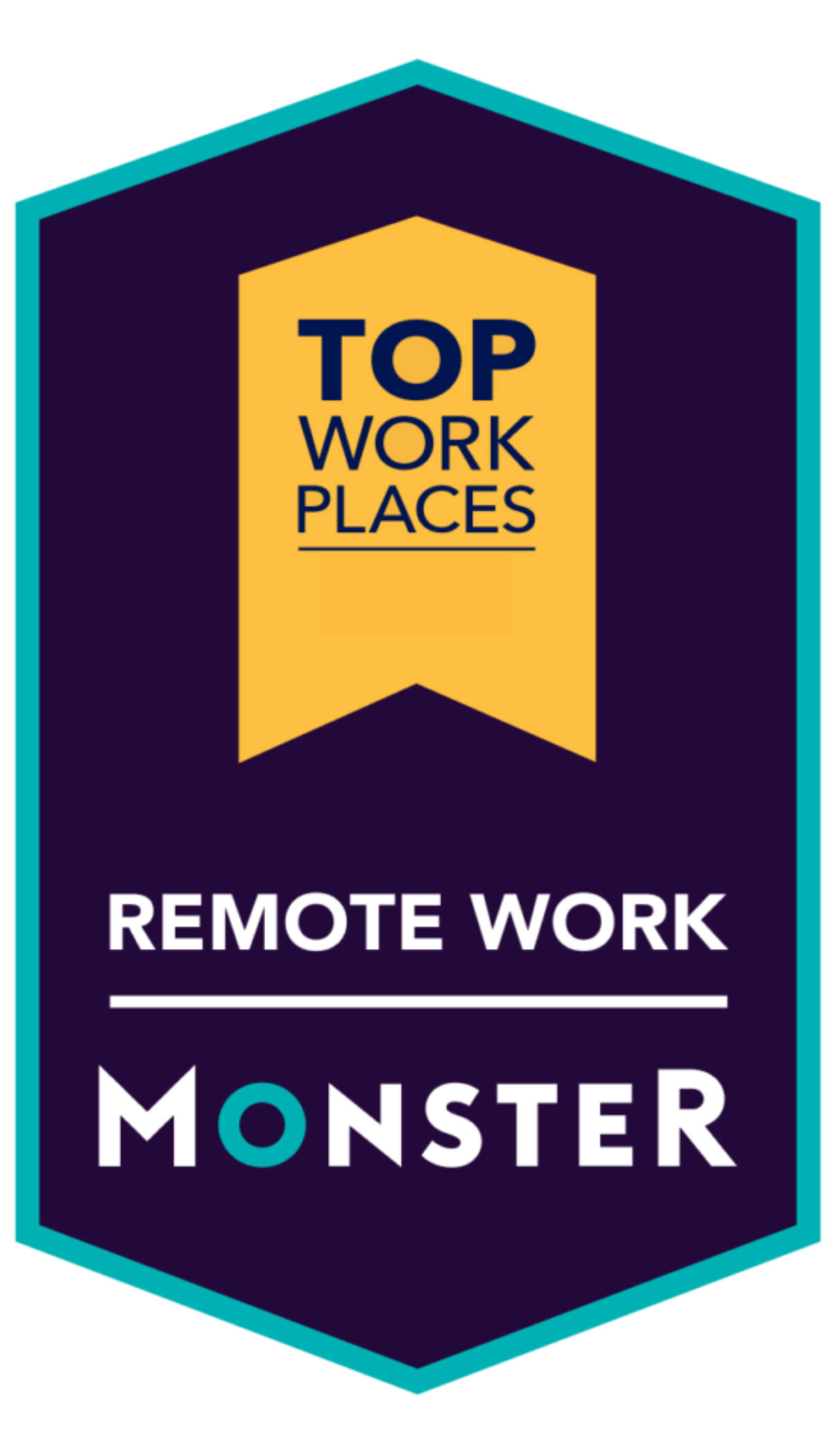Emergency department (ED) boarding is one of the most pressing challenges hospitals face today, confirmed in a recent piece in Becker’s Hospital Review. It describes addressing ED boarding as a “top priority to improve patient throughput and operational efficiency.”
ED boarding is a complex issue with multiple causes and with significant consequences for patient care, clinician well-being, and hospital finances. While the problem isn’t new, recent trends have made it more urgent than ever to deploy solutions, and telemedicine is at the top of the list.
The Problem Hospitals Know Too Well
ED boarding occurs when patients needing inpatient admission or transfer to another facility are held in the emergency department because inpatient beds are unavailable. This practice disrupts patient flow, creates safety risks, exacerbates clinician burnout, and can discourage patients from seeking care altogether.
The Joint Commission recommends boarding times not exceed four hours, yet many hospitals report patients boarding for over 24 hours, and there are anecdotes of boarding times of days, even weeks, for patients with behavioral health care needs.
The COVID-19 pandemic pushed ED boarding to a crisis point, with staffing shortages and heightened demand for services driving delays. More than 30 provider groups called ED boarding a public health emergency in 2022. Behavioral health patients are disproportionately affected. A lack of psychiatric beds means these patients often endure the longest waits and experience some of the worst outcomes as a result. Psychiatric patients tend to wait 3.2 times longer in the ED than non-psychiatric patients.
The financial impact for hospitals is immense. The daily cost of boarding a patient in the ED can be nearly double that of inpatient care. One analysis estimated the annual financial loss at a large academic hospital of patient boarding to exceed $1.7 million.
How Access TeleCare Provides a Path Forward
Innovative solutions are essential, as benefits for hospitals are significant. Reducing ED wait times by even one hour yields additional daily revenue of $9,693 to $13,298 by retaining patients who would have left the hospital before they were seen and patients who would have been unnecessarily transferred.
Access TeleCare is leading the way by providing telemedicine solutions that drive efficiencies, reduce the strain on hospital resources, and enhance patient care. We do this in two ways:
➡️ Through our teleBehavioral Health program, patients presenting to the ED with psychiatric symptoms can be seen in a timely manner with stabilizing treatment initiated.
With psychiatrists and psychiatric mental health nurse practitioners available through telemedicine, hospital ED staff have a trusted source of psychiatric expertise available 24/7, as needed, to diagnose, stabilize, and transfer patients in crisis while reducing ED wait times for all patients.
Using our teleBehavioral Health program, CaroMont Regional Medical Center in Gastonia, North Carolina reduced its length of stay for psychiatric patients in the ED by 70 percent, which also had the downstream effect of decreasing ambulance diversion hours from more than 1,700 annually to just 148. Read the case study here.
➡️ Through our teleHospitalist program, patients can be admitted more quickly from the ED to the inpatient setting. Our expert teleHospitalists assess patients and get them to the appropriate level of care quickly, reducing the strain on hospital ED teams and creating significant financial advantages by increasing throughput and reducing wait times.
Why Access TeleCare Is the ED Boarding Solution Hospitals Need
ED boarding is a multifaceted problem requiring innovative and scalable solutions. Access TeleCare’s telemedicine services address key drivers of boarding by:
Expanding Access: We deliver specialized care to patients who need it most, without the delays associated with finding onsite specialists.
Improving Efficiency: Our virtual care models reduce the length of stay, clear bottlenecks in the ED, reduce readmissions, and optimize bed utilization.
Enhancing Patient Outcomes: Timely access to expert consultations ensures patients receive appropriate care faster, leading to better health outcomes and increased patient satisfaction.
With our solutions, healthcare systems can address ED boarding head-on, ensuring patients receive the care they need while supporting clinicians and maximizing resources.
Learn more about how we are working to address ED Boarding Challenges.









